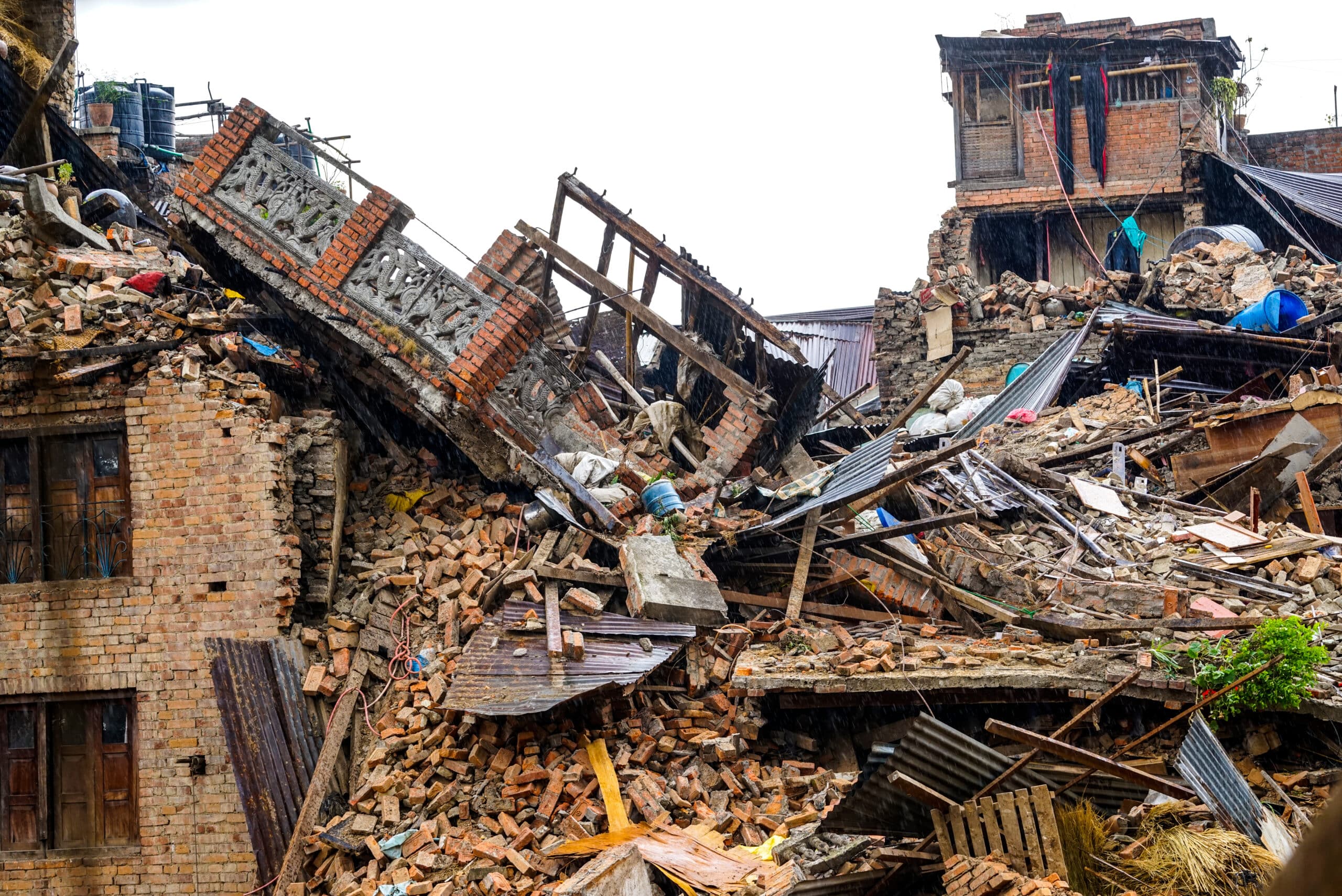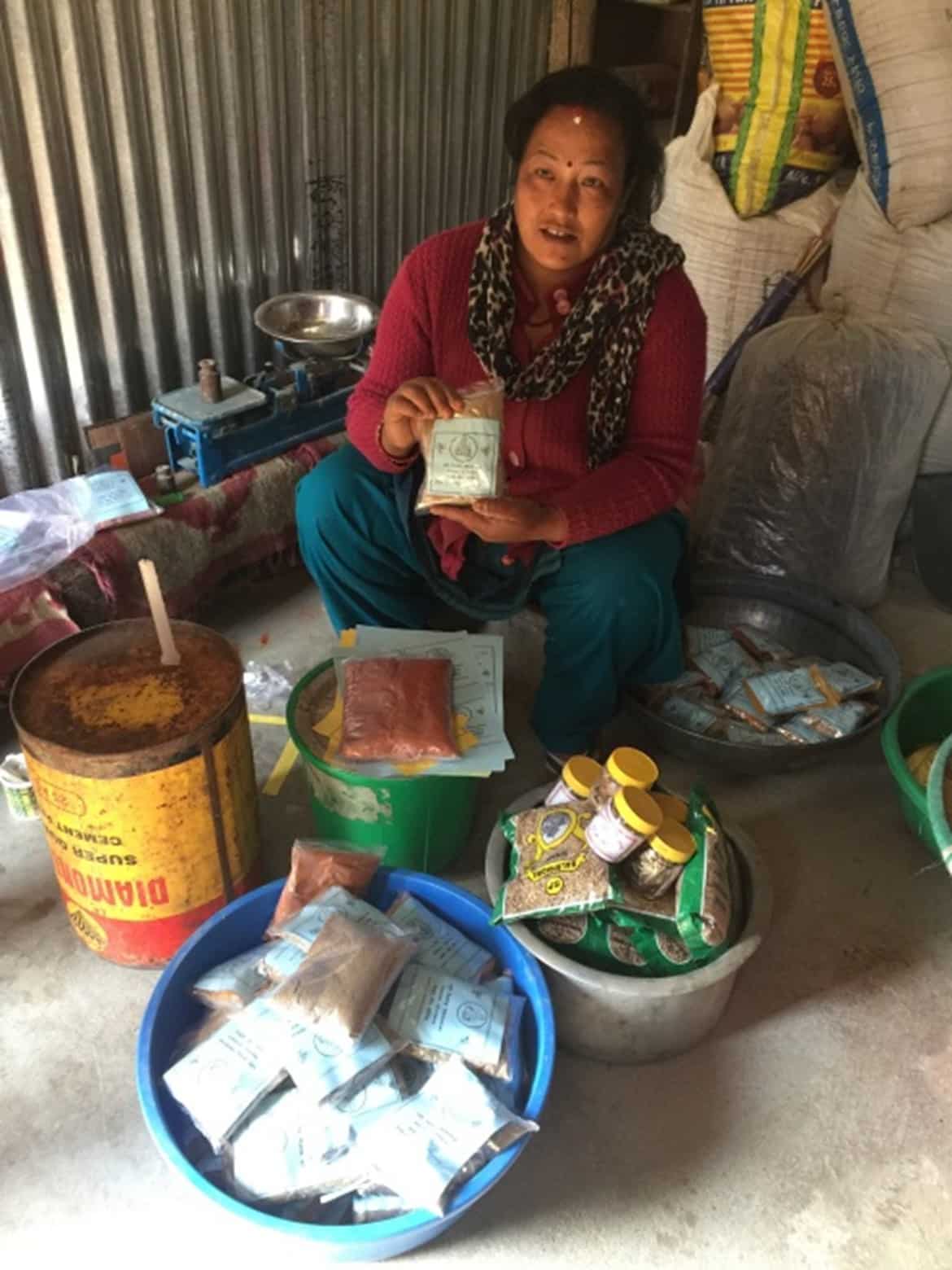
Determined entrepreneurs overcome adversity to support their families.
Nepal is a nation of 28 million people. It is landlocked along the Himalayas, bordered by China and India. Nepal became a democratic republic in 2008 with the abolishment of their 250-year-old monarchy. In spring of 2015, two massive earthquakes (7.8 magnitude) struck Nepal, killing 9,000 people and destroying 900,000 homes.
Rebuilding after the earthquakes was slow and challenging. A trade blockade with India caused a severe shortage of fuel and materials. A group dissatisfied with the new constitution of Nepal were protesting by blocking the border. And the overwhelmed government of Nepal was slow to organize rebuilding teams. Two years after the earthquakes, the reconstruction was still in its planning stages.
With the government slow to respond, businesses and non-profits and individual citizens began stepping forth to take matters into their own hands and make a difference by meeting the urgent needs of the Nepali people.
This was the context in which Mitra Path was born.



In 2016, Mitra Path sprung from a vision that livelihoods can be transformational and even joyful. Our mission was to improve communities around the world by helping people start and grow their small businesses. Mindfulness and Entrepreneurship served as the foundation for Mitra Path’s work and practice.
Mitra Path’s first ever project was funding a spice microbusiness in Nepal. It aimed to create sustainable livelihoods for communities that lacked resources and lost a great deal from the earthquake. By equipping people with tools, supplies and training, Mitra Path hoped they would bring in generative income for their families so they could start again.
Since then, Mitra Path has expanded funding to other types of microbusinesses: yogurt, mushrooms, compost fertilizer, and wood-carvings. We met with local farmers and artisans, many who lost their homes or workshops. We provided them with opportunities to rebuild, so they wouldn’t have to leave their village or country in search of jobs as many others had been forced to do.
These programs were fueled by local non-profit organizations who, like Mitra Path, believe in the power of livelihoods to transform communities.